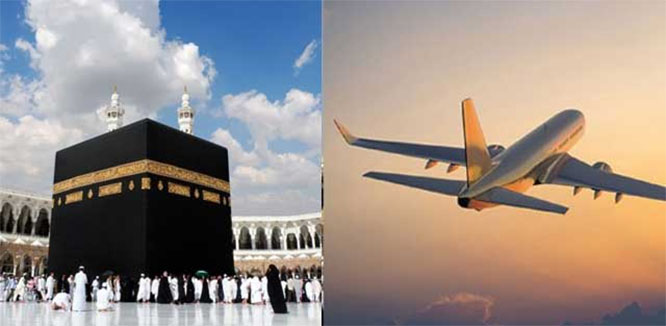
Kiccha Sudeep brought down the curtains on the ninth season of Bigg Boss Kannada. The grand finale night was fun and exciting and had many dance performances. Sudeep took the fun factor to another level with his hosting skills and even raised the hand of Mangalurean actor-RJ Roopesh Shetty in victory.
After defeating fellow housemates and spending over 100 days locked up inside the Bigg Boss house Shetty was declared the winner of Bigg Boss Kannada 9. Along with the trophy, he took home Rs 50 as the prize money. Rakesh Adiga is the first runner-up.
The two were among the four finalists from the show’s OTT version. After surviving the 42-day season, Rupesh and Rakesh entered Bigg Boss Kannada Season 9 after spending a few days in isolation following Covid-19 protocol.
It was an emotional moment for the housemates when the video of their journeys was shown by Sudeep to the viewers and the formerly evicted contestants. After clashes inside the Bigg Boss house, everyone spoke highly of each other.
Sudeep also confronted the evicted contestants and the finalists on the various issues that remained the highlight of the season. Housemates also performed on the stage on memorable songs from movies and made it an evening to remember.
The main theme of this season was creating a power imbalance on the show. "The combination of Bigg Boss Kannada seniors from both broadcast and OTT, and fresh house inmates itself was the craziest mix that one can ever imagine,” said Parameshwar Gundkal, Business Head, Colors Kannada.








Comments
Add new comment